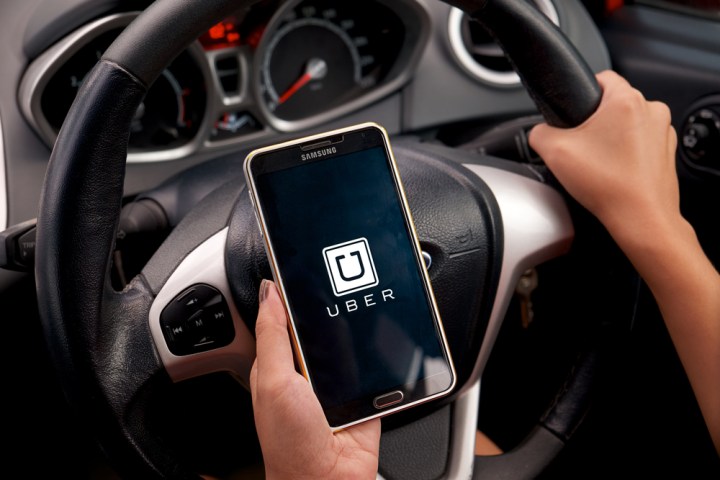
As part of Veterans Day, the pair have announced an initiative to help unemployed and homeless veterans get back on their feet by offering free rides to job interviews.
While Lyft is yet to offer any concrete details on how it’ll be handling the scheme, Uber’s promising that over the next year it’ll work with five veterans organizations affiliated with the U.S. Department of Labor’s Homeless Veterans’ Reintegration Program to provide around 10,000 free rides to jobs, interviews, and other employment events.
In a message posted on its blog on Tuesday, Uber offered up some background info on the initiative: “The Department of Housing and Urban Development estimates that there are more than 49,000 veterans experiencing homelessness on any given night. The National Coalition for Homeless Veterans estimates that 68 percent of these veterans reside in cities where a lack of reliable transportation makes it difficult to reach much-needed services and employment opportunities.”
The San Francisco-based company also said riders in 150 cities will have a chance on Veterans Day to contribute $5 to the scheme via a feature within the Uber app. To help out, move the slider over to “Vets Day” when requesting a ride and at the end of the journey you’ll get a text message from Uber. Simply reply “yes” to complete the donation.
This isn’t the first time for Uber to show support for the nation’s servicemen and women. Just over a year ago it launched UberMilitary, a scheme giving former personnel the chance to train as Uber drivers.
While Uber and Lyft are on this occasion happy to support the same cause, the two companies are more often than not putting plenty of effort into trying to score points over one another, and things can get pretty heated. Just last month, for example, Uber alleged that a 2014 hack on its systems could be linked to a Lyft executive, though the company has strongly denied any involvement.
Meanwhile, in summer last year, Lyft accused Uber of ordering and then canceling thousands of Lyft rides over a 10-month period in an effort to reduce the number of its competitor’s cars on the road and waste drivers’ time. Uber, too, rejected the claim.


